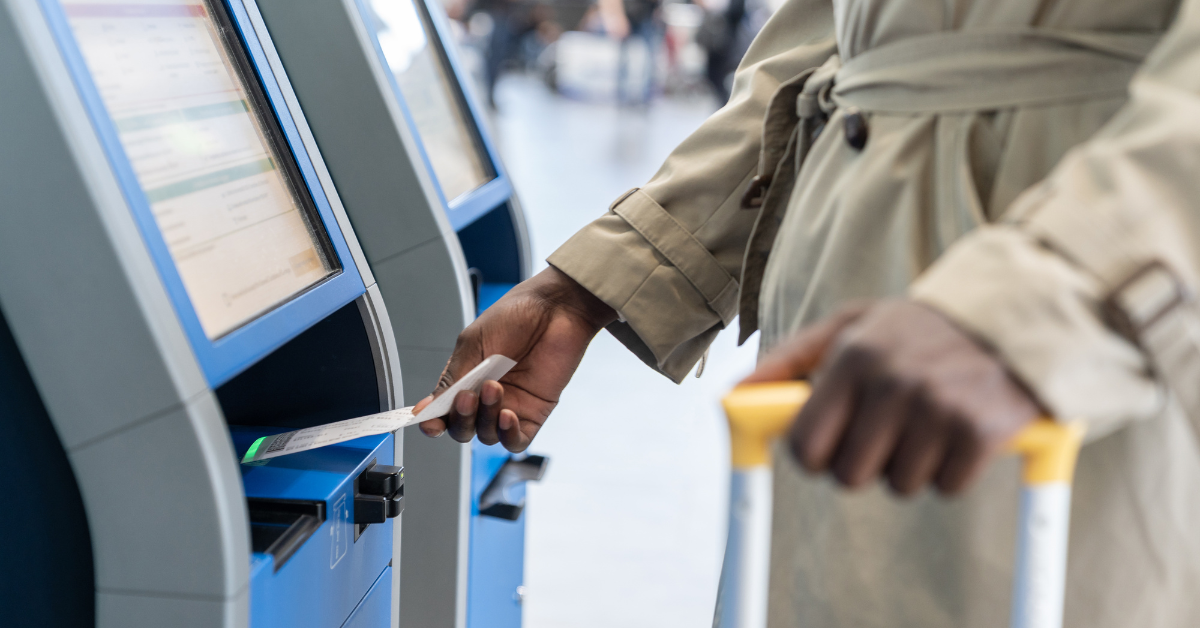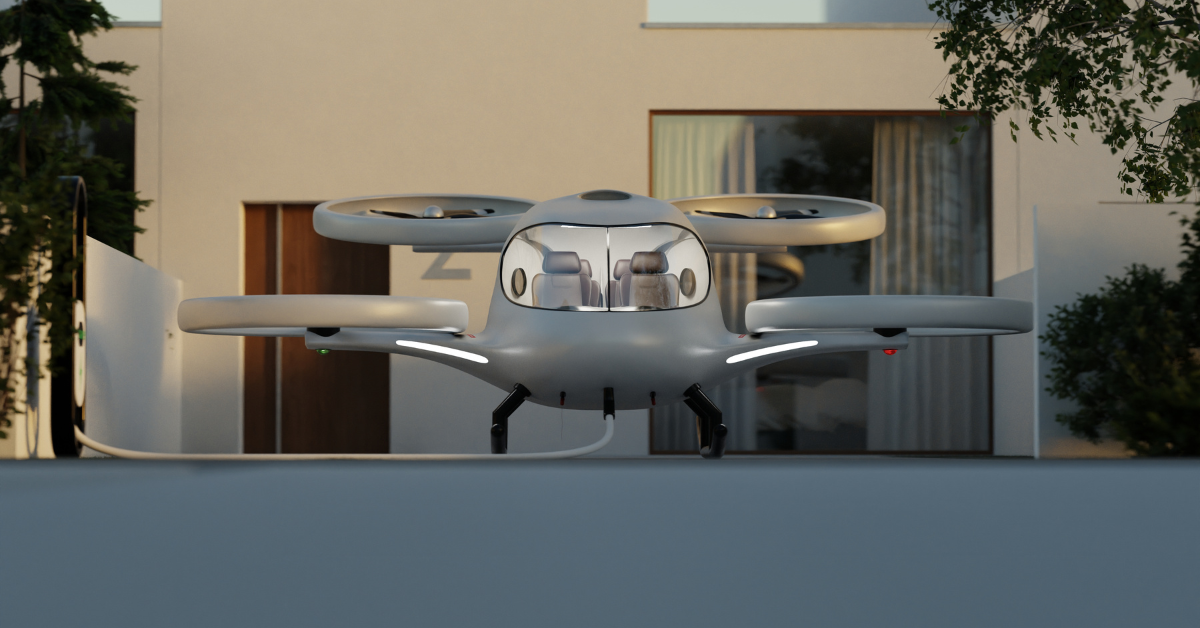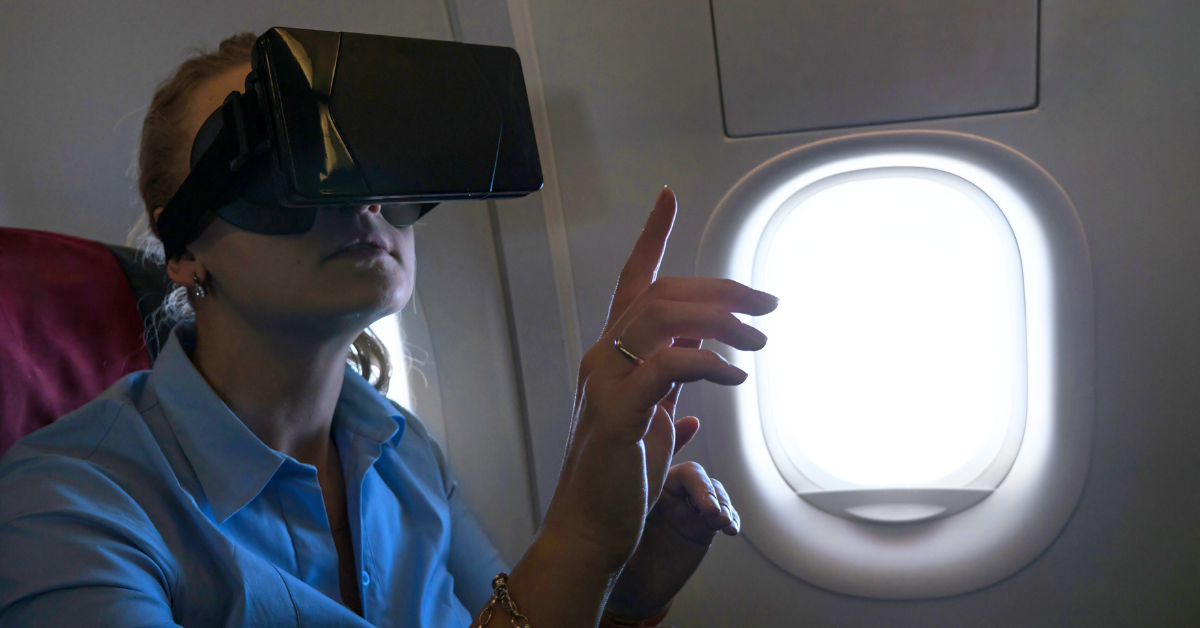5 Business Travel Trends Shaping 2025
The key trends that will impact the corporate travel industry in 2025
As global connectivity continues to grow, business travel remains an essential aspect of professional life. Yet, the industry is undergoing significant changes, with technology and shifting priorities reshaping the travel landscape. By 2025, a blend of innovation and customer-focused strategies will define the corporate travel experience.
Here are five key trends driving this evolution:
1. Enhanced Airport and Lounge Experiences
Airports in 2025 will focus on delivering convenience and luxury, streamlining processes from arrival to boarding:
Integrated transport hubs: Major airports will become accessible via high-speed trains and seamless public transit options, reducing congestion and making travel smoother.
Technology-driven baggage handling: Permanent bag tags and app-based tracking systems will enable travellers to check in luggage from hotels or remote kiosks, eliminating airport queues.
Decentralised check-ins: Online, app, and kiosk check-ins will become the norm, with smart gates reducing staff dependency and speeding up boarding processes.
Biometric security: Advanced scanning technologies will replace traditional checkpoints, offering faster, stress-free border controls.
Airports like Singapore’s Changi and Hong Kong International already exemplify these trends, showcasing the potential for combining efficiency with luxury. Business travellers will appreciate reduced wait times, increased connectivity, and access to premium lounges equipped with workspaces and wellness facilities.

2. Urban Air Mobility Takes Flight
By 2025, urban air mobility (UAM) could transform city travel with the advent of flying taxis – electric vertical take-off and landing (eVTOL) aircraft. These futuristic vehicles promise to make short-distance urban commutes faster and greener:
Revolutionary features: Unlike helicopters, eVTOLs are quieter, environmentally friendly, and capable of vertical landings, making them ideal for congested urban areas.
Strategic infrastructure: “Vertiports” located near business hubs, airports, and residential areas will enable seamless integration with existing transportation systems.
Challenges ahead: UAM faces obstacles such as battery limitations, integration with ground transport, and regulatory complexities.
Despite these challenges, flying taxis could revolutionise how business travellers navigate cities, drastically reducing travel times between meetings, airports, and central locations.

3. Loyalty Programmes Move to Experiential Engagement
In 2025, loyalty programmes will undergo a significant transformation, moving beyond traditional point-based rewards to focus on creating meaningful and memorable experiences for members. These changes are set to redefine how hotels and airlines build relationships with their most frequent travellers, emphasising engagement over transactions:
Personalised moments: By harnessing customer data, brands will craft surprise elements tailored to individual preferences. Whether it’s an unexpected room upgrade or a personalised welcome package, these thoughtful gestures will deepen customer connections.
Exclusive access: From private events to behind-the-scenes tours, loyalty programmes will provide members with opportunities to experience unique cultural and social activities. These events will elevate membership beyond perks, offering access to moments that can’t be bought.
Tech-driven immersion: Virtual reality (VR) and augmented reality (AR) tools will allow travellers to explore destinations, hotel rooms, or meeting venues virtually, offering a new dimension to trip planning.
Sustainability rewards: As customers increasingly prioritise eco-conscious practices, loyalty programmes will reflect this shift. Members may earn rewards for actions like reducing their carbon footprint, choosing sustainable travel options, or supporting green initiatives.

4. Hyper-Personalised Flying
Airlines are embracing personalisation to enhance passenger experiences in 2025. This trend leverages technology to create tailor-made in-flight offerings:
Entertainment customisation: From curated movie selections to VR gaming, in-flight entertainment systems will use loyalty data to align with individual preferences.
Advanced connectivity: High-speed internet services, such as those from SpaceX’s Starlink, will allow seamless work and entertainment during flights.
Luxury amenities: VR headsets and immersive entertainment options may become standard in premium cabins, blending comfort with cutting-edge technology.
By tailoring experiences to individual needs, airlines aim to turn flights into productive, enjoyable parts of the travel journey. This trend underscores the industry’s shift toward treating passengers not just as travellers but as valued customers with unique tastes and expectations

5. Middle Eastern Market
The Middle East is rapidly emerging as a global hub for business activity, with substantial growth projected in the coming years. This surge is fueled by strategic economic initiatives, booming infrastructure projects, major events, international brands, and increased foreign investment.
Key growth markets like Saudi Arabia, the UAE, Qatar, and Bahrain are driving this momentum through transformative and futuristic visions such as Saudi Arabia’s Vision 2030 and Expo City Dubai, which are attracting foreign investors and professionals worldwide.
Business travel volumes and expenditures are already rising, spurred by the expansion of airline routes and competitive pricing by regional carriers. Notable developments include Qatar Airways doubling its Dublin flights and adding an eight daily Heathrow flight to Doha, Virgin Atlantic introducing a Heathrow–Riyadh route in 2025, and Wizz Air launching Gatwick–Jeddah flights the same year.
This convergence of factors has positioned the Middle East as a vital nexus for global business travel, offering enhanced connectivity and opportunities.

The Business Travel Revolution
As these five trends unfold, business travel in 2025 will become more efficient, sustainable, and personalised. Innovations in digital technology, urban mobility, airport operations, and in-flight services will redefine what it means to travel for work. For businesses, adapting to these changes will be critical to ensuring productive and cost-effective journeys in an increasingly interconnected world. Whether it’s flying taxis or smarter airports, the future of business travel promises to elevate the experience to new heights.








